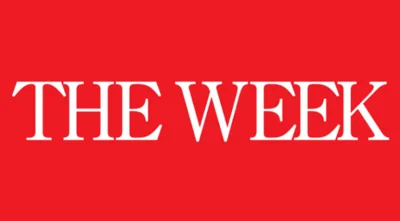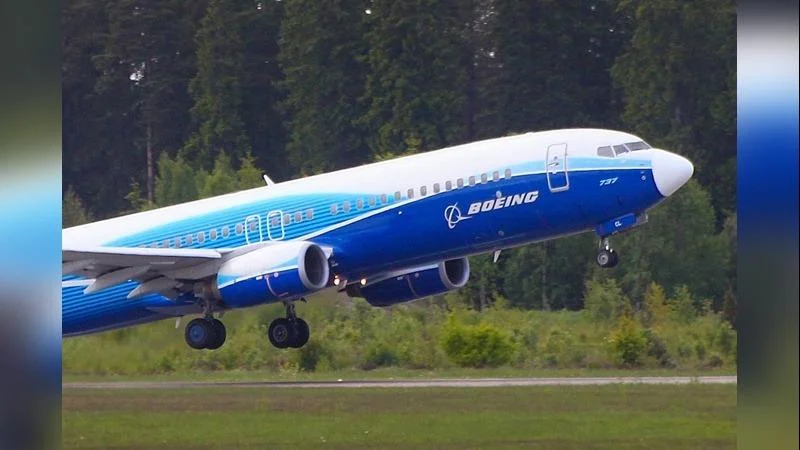The MCAS flight control system became emblematic of these compromises. According to Harvard’s findings: "Boeing became financially driven rather than engineering-led." The company has since acknowledged past mistakes and started restructuring internally to prioritize technical expertise.
Industry experts remain divided on the legacy of the MAX but generally agree its return has been stable. Dispatch reliability rates have consistently exceeded 99 percent since 2021. Enhanced simulator training for pilots has improved situational awareness and response protocols. Still, analysts characterize it as “a recovered program rather than a successful one.” Every new report of quality control issues brings renewed attention to Boeing’s production processes.
The rivalry between Boeing’s 737 MAX and Airbus’s A320neo family continues to shape market dynamics. The A320neo leads with over 10,000 orders worldwide—a gap illustrating Boeing's challenge both in perception and scale. In response to earlier setbacks, Boeing reorganized its engineering processes to focus on redundancy and independent verification throughout design cycles.
Quality concerns persist; reports about missing fasteners or misdrilled holes have occasionally delayed deliveries. In reaction, Boeing has implemented a multi-year reform plan aimed at stricter inspections and enhanced supplier accountability—efforts meant not only to prevent defects but also restore trust among regulators and customers.
Public perception remains mixed; some passengers still associate the MAX with previous tragedies despite improvements in safety records. Airlines have adapted by focusing marketing efforts on comfort features rather than aircraft model names.
Looking ahead, Reuters reports that Boeing is already working on concepts for a next-generation single-aisle aircraft intended as a successor to the MAX (https://www.reuters.com/business/aerospace-defense/boeing-ceo-says-next-new-airplane-will-be-built-differently-2023-06-01/). This future jet is expected to incorporate lighter materials and hybrid power systems while applying lessons learned from recent experiences—a move analysts see as critical for restoring Boeing's reputation as an innovator in aviation technology.
For now, the fate of the 737 MAX rests on continued operational consistency and public confidence rebuilding over time. Whether history ultimately judges it as a failure or redemption story will depend on how effectively those lessons are applied moving forward.
 Alerts Sign-up
Alerts Sign-up




































